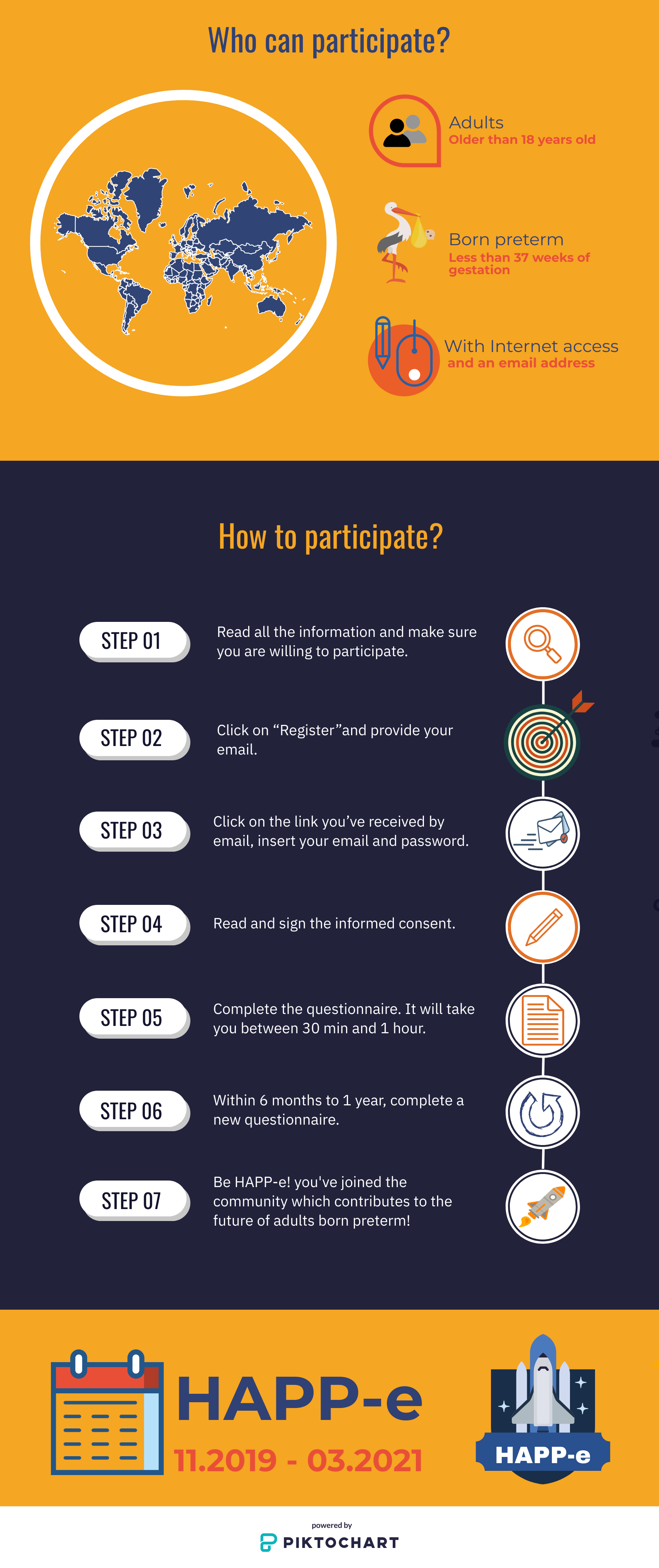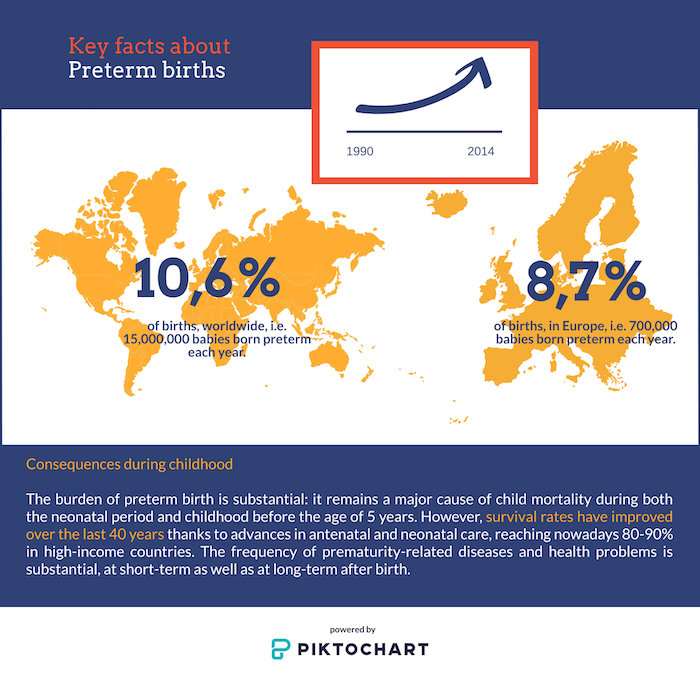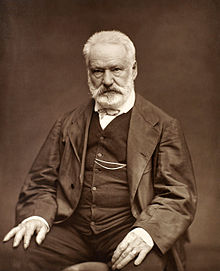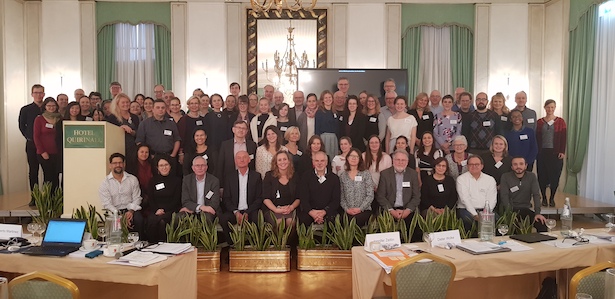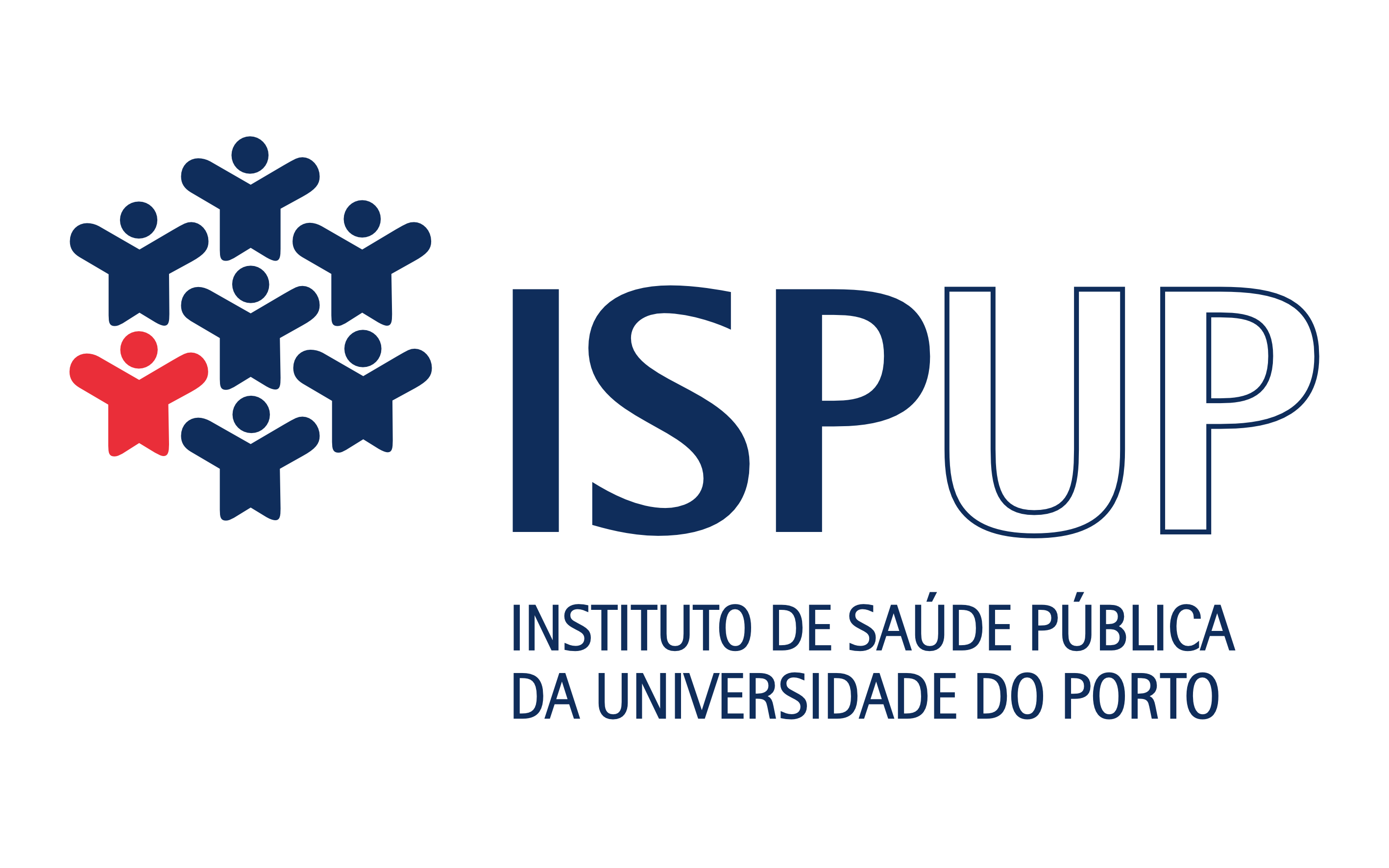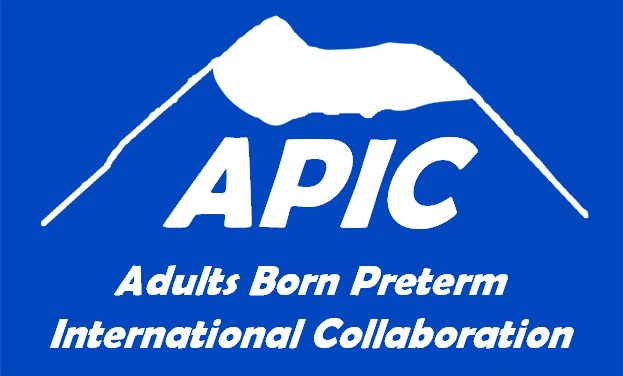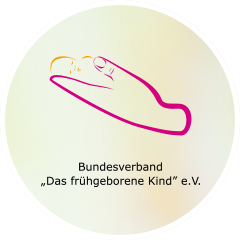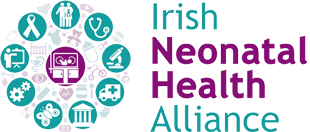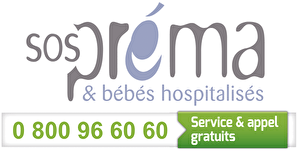Definition of preterm birth
The length of a normal pregnancy is around 40-41 weeks from the first day of the last menstruation. A baby is considered born preterm when born before 37 weeks, i.e. before the beginning of the 9th month of pregnancy.
Adults born preterm
The first infants who benefited from improved care are now adults, entering middle age. With prematurity and survival rates both increasing, these “adults born preterm” represent a growing share of the population. It has been shown that most children born very preterm adjust remarkably well during their transition into adulthood. In a recent review of 126 publications, Raju et al. report that “an overwhelming majority of adults born at preterm gestations remain healthy and well”[1]. However, they acknowledge that “a small, but a significant fraction of them remain at higher risk for neurological, personality and behavioral abnormalities, cardio-pulmonary functional limitations, systemic hypertension and metabolic syndrome compared to their term-born counterparts. The magnitude of increased risk differed across organ systems and varied across reports. The risks were proportional to the degree of prematurity at birth.”[2]
It is thus fundamental to know more about the consequences of preterm birth at adult age, to investigate factors associated with good outcomes and the possible interventions to offer to those who may benefit from these.
[1] Raju TNK, Buist AS, Blaisdell CJ, Moxey-Mims M, Saigal S. Adults born preterm: a review of general health and system-specific outcomes. Acta Paediatr. 2017 Sep;106(9):1409-1437. doi: 10.1111/apa.13880. Epub 2017 May 17. Review.
[2] Global, regional, and national estimates of levels of preterm birth in 2014: a systematic review and modelling analysis. Chawanpaiboon S, Vogel JP, Moller AB, Lumbiganon P, Petzold M, Hogan D, Landoulsi S, Jampathong N, Kongwattanakul K, Laopaiboon M, Lewis C, Rattanakanokchai S, Teng DN, Thinkhamrop J, Watananirun K, Zhang J, Zhou W, Gülmezoglu AM. Lancet Glob Health. 2019 Jan;7(1):e37-e46. doi: 10.1016/S2214-109X(18)30451-0












